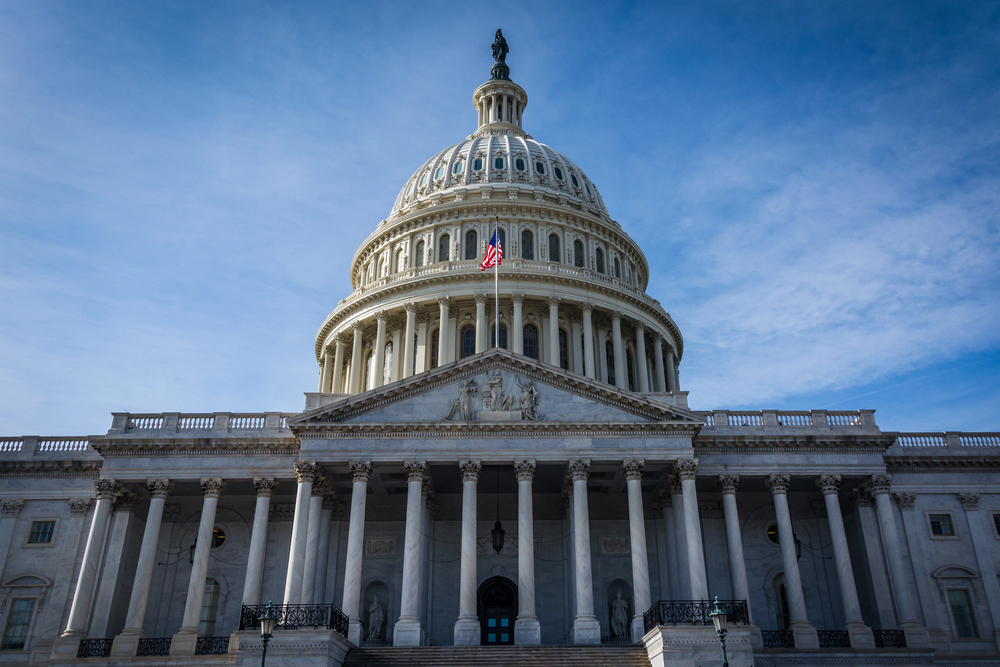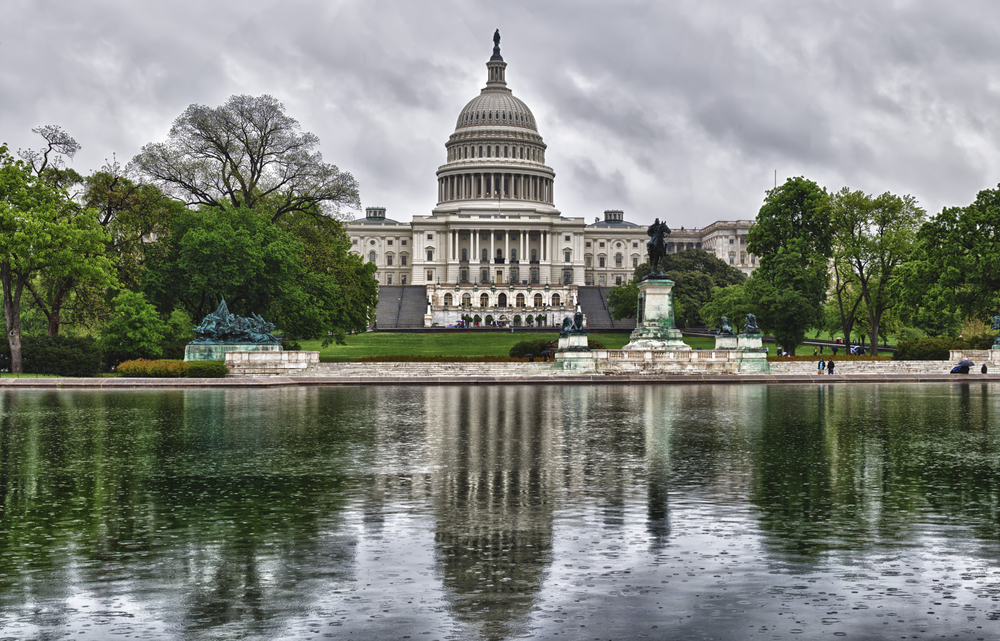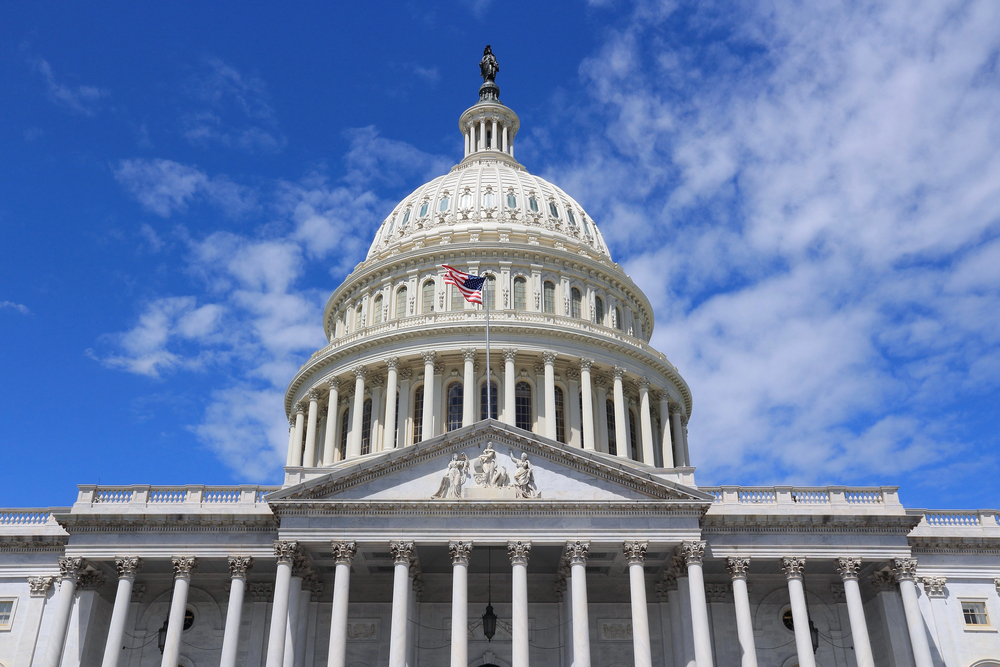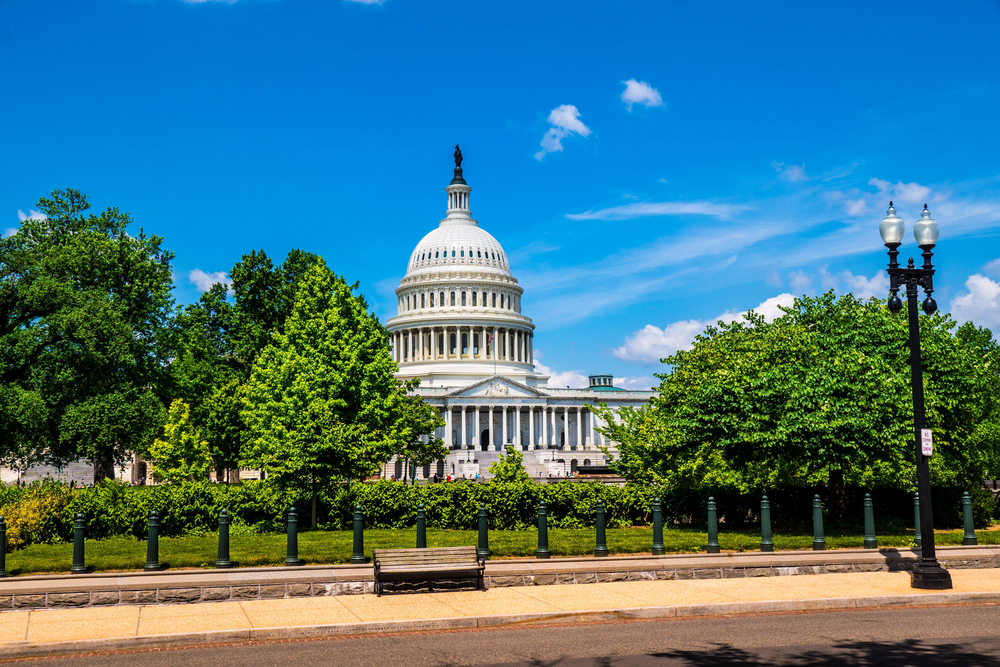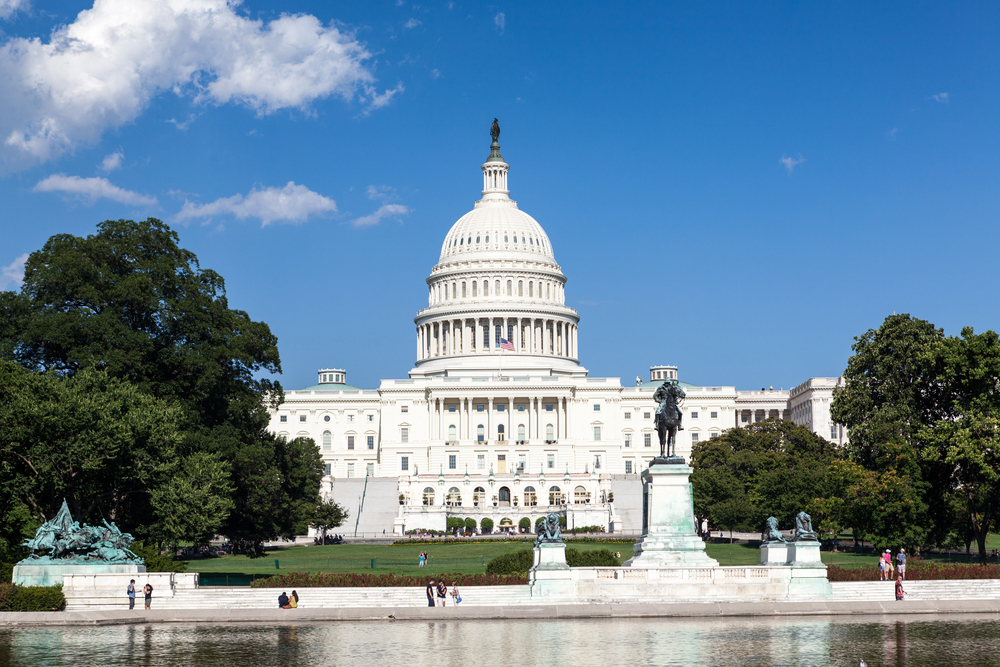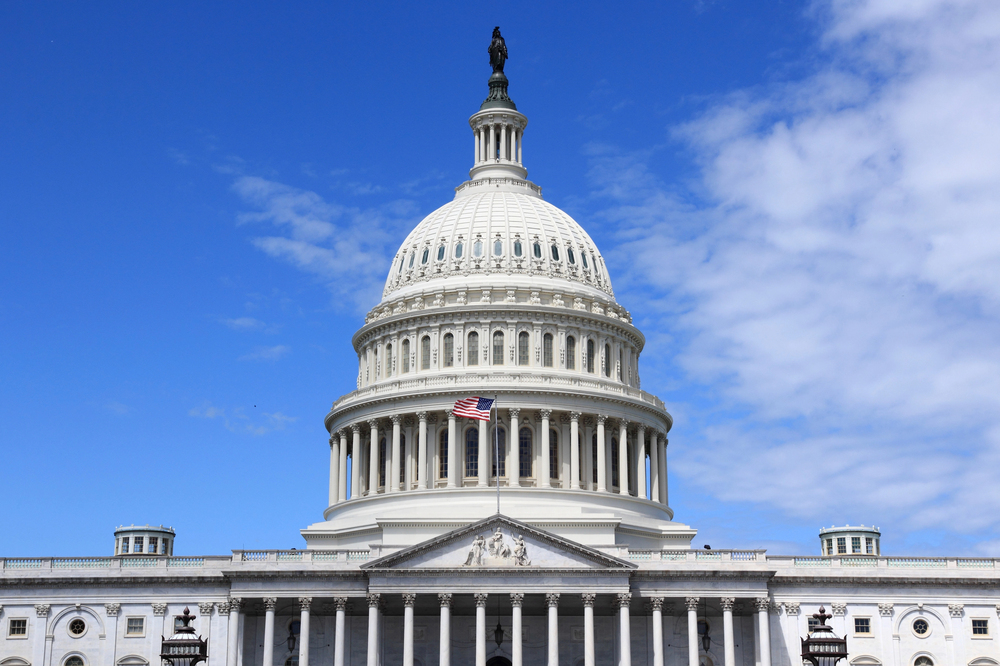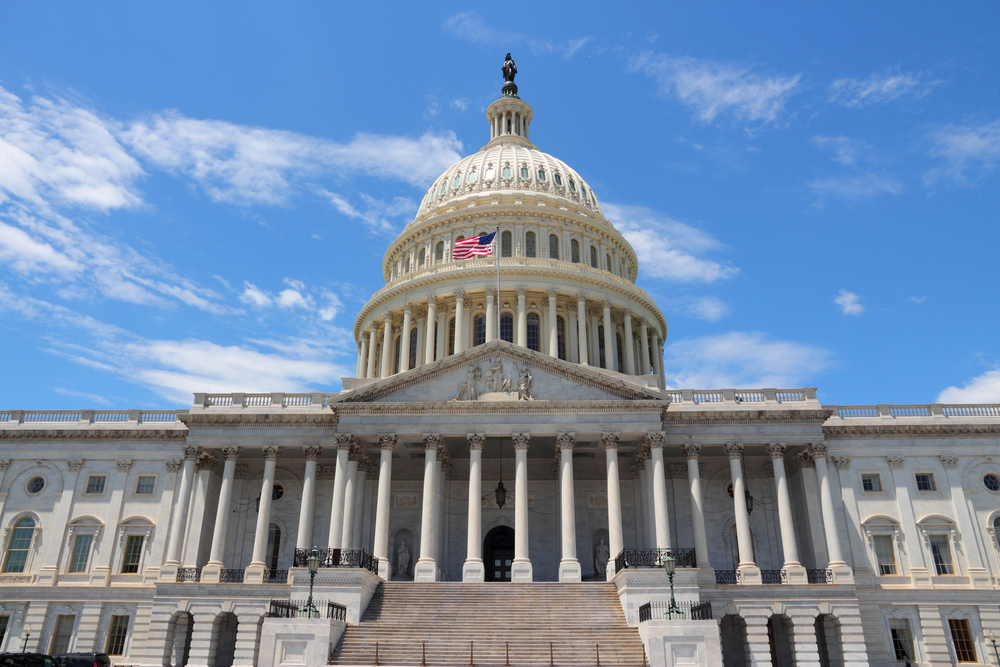Thank Bipartisanship for ‘Cadillac’ Tax Delay, Sen. Heinrich Says
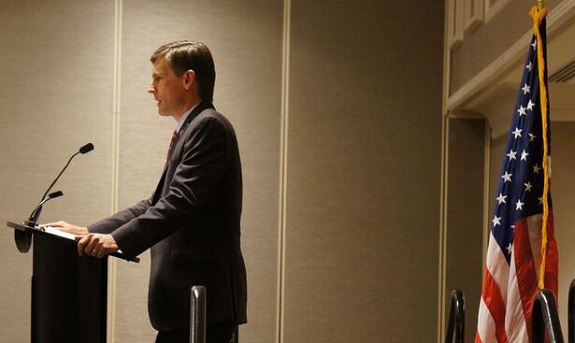
By: Jacquelyn Connelly
The two-year delay of the “Cadillac” tax is a “perfect example” of bipartisan progress, according to Sen. Martin Heinrich (D-New Mexico).
The Affordable Care Act (ACA) levies the “Cadillac” tax on health benefits that exceed an established annual cost. Originally slated to take effect in 2018, this tax would have impacted plans valued at $10,200 a year for individuals and $27,500 a year for families.
However, the omnibus spending package Congress passed in December delayed the effective date of the tax for two years, until 2020. “I believe we shouldn’t be above taking risks to get bipartisan things done,” Sen. Heinrich said when he addressed the Young Agents & InsurPac State Chairpersons Legislative Luncheon during the Big “I” Legislative Conference on Wednesday.
According to a March survey by Mercer, a benefits consulting firm, about one-third of employers would have faced the “Cadillac” tax in 2018 if they did nothing to change their plans. By 2022, almost 60% would have faced the levy. And Sen. Heinrich said successfully fighting it required first breaking down the barriers of partisan politics.
“It wouldn’t have happened if there weren’t people on both sides of the aisle that said, ‘This is worth doing,’” pointed out Sen. Heinrich, who worked closely with Sen. Dean Heller (R-Nevada) on the effort and called him a “pragmatist who actually believes in taking things home to his constituents.”
Sen. Heinrich also praised Rep. Joe Courtney (D-Connecticut) for first calling attention to the fact that it’s not actually a “Cadillac” tax at all—“Ford Focus” tax would be a more accurate label. “It’s going to be touching people who are nowhere near an Escalade,” Sen. Heinrich explained. “It’s going to impact middle-class folks if this goes into effect.”
The Alliance to Fight the 40 predicts the tax would lead to a reduction in employer-sponsored coverage and an increase in employee cost sharing—the exact opposite of the ACA’s stated goals and a consequence that would harm many small businesses and middle-income Americans across the country.
“The ‘Cadillac’ tax really runs counter to what many of us wanted to see in health care reform, which is more focus on prevention and less on people getting services in an acute setting, like the emergency room,” Sen. Heinrich explained. “We all know that especially with inclusion of these prevention plans in that cap, that’s exactly the first thing that would go away.”
But the final piece of the puzzle was the grassroots efforts of independent agents and others across the country. “Together, with us being able to push an amazingly diverse coalition, all of you made a difference in that effort,” Sen. Heinrich said. “We felt it on Capitol Hill. It’s easy to buy into this idea that things have become so polarized in this country that we can’t do anything, but that is a self-fulfilling prophecy. When small businesses speak, members of Congress listen.”
Because the tax’s consequences are so far-reaching, it wasn’t an easy issue to pigeonhole—and that broad support for its repeal or delay helped move the issue through Congress. Sen. Heinrich said, “it is the breadth of this coalition that gives me a great deal of optimism about what we’re going to ask of you in the future, which is to fully repeal the ‘Cadillac’ tax and end this excise tax once and for all.”
Jacquelyn Connelly is IA senior editor.
Photo by Midori Oglesby, Big “I” senior graphics designer


